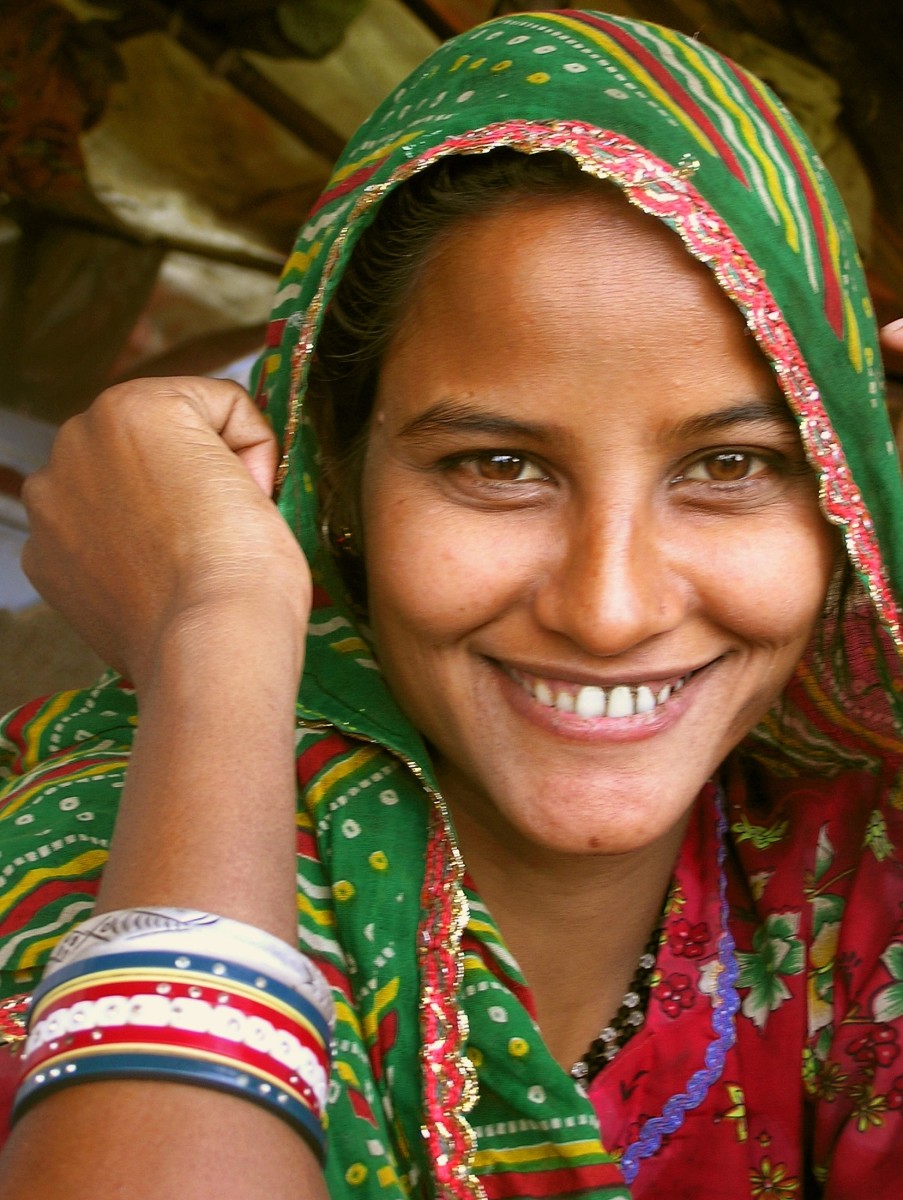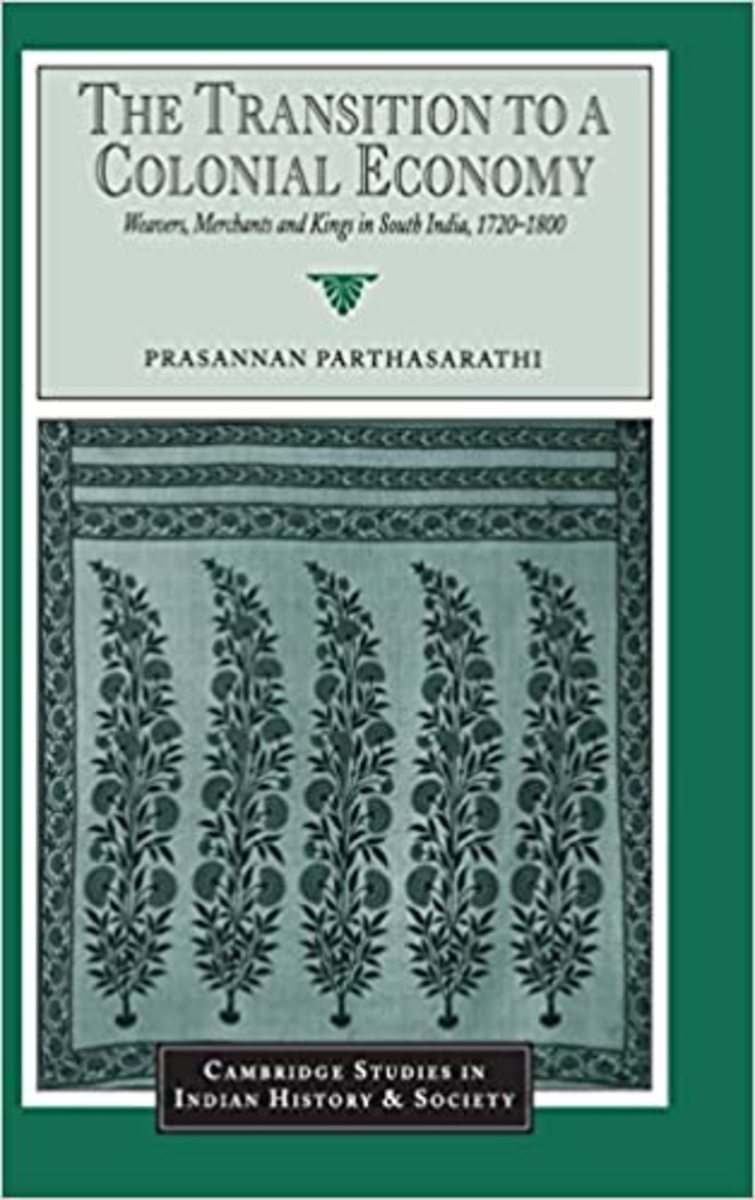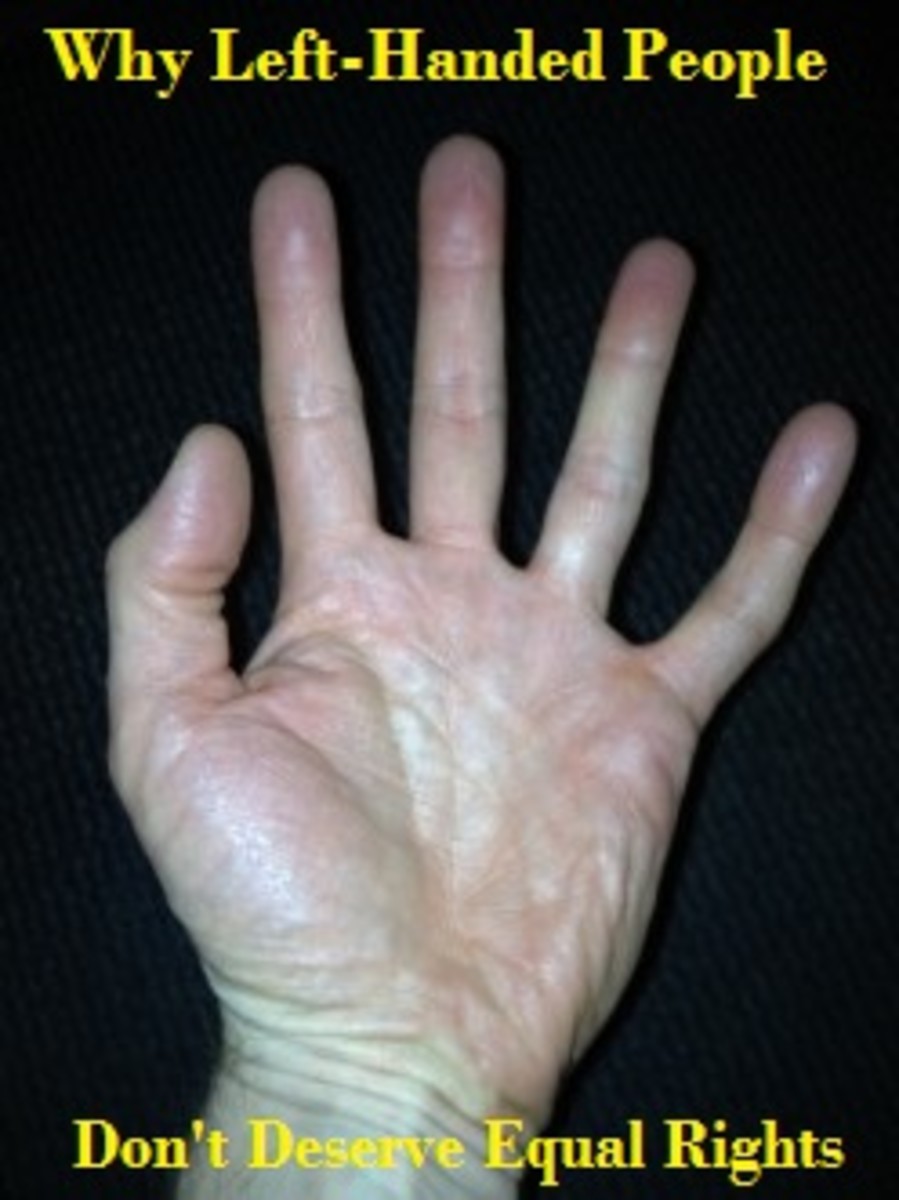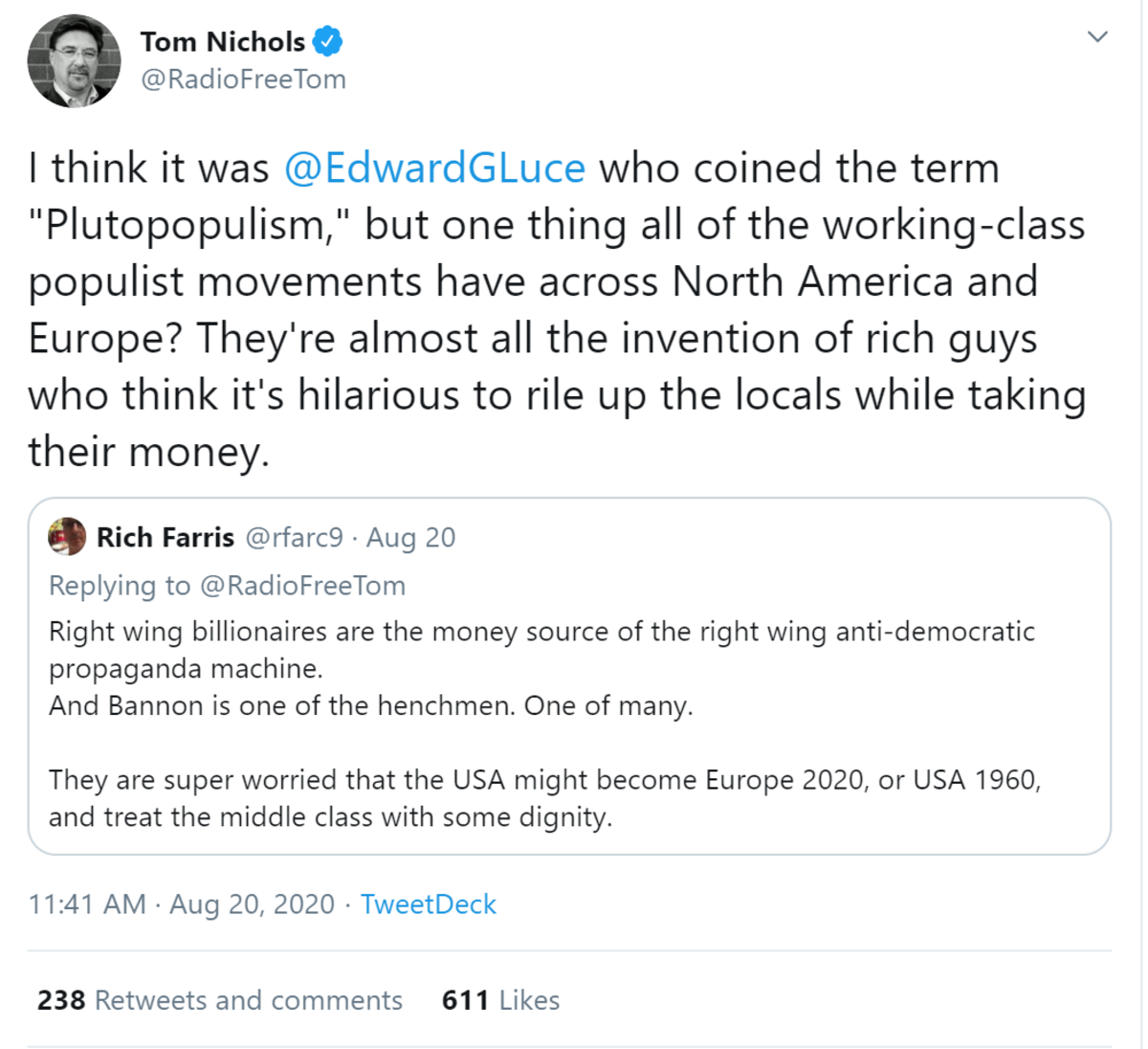Alibhai Mulla Jeevanjee- Indian Settler Who Built Most Parts of Nairobi Ns

Alibhai Mulla Jeevanjee was an Indian-born Kenyan philanthropist, politician and businessman. Jeevanjee was among the first and most prominent Indian settlers in the country, garnering massive amount of wealth making him a leader in the Kenya’s Indian Community.
Jeevanjee was born in 1856 in Pakistan and migrated to Kenya in the 1890s. The pioneering entrepreneur is credited for building Jevanjee Gardens alongside other parts of Nairobi City when the town was still sprawling. He offered diverse services to the colonial administration, but ended up challenging the settler regime in search for equality and equity of opportunity both for Indians and all Kenyans. He introduced the East Africa Indian National Congress, and so laid the basis for an organized anti-colonial movement.
Known to be among the founders of Nairobi City, Jeevanjee played a significant role in shaping the city’s outlook. At one time, he owned over 70% of the city center after importing more than 3500 workers from India to build the railway line.
The building of the Kenya-Uganda Railway line commenced in 1895. Jevanjee who was already arrived in Kenya from India was requested to recruit labor from his home country, that is India and ensuring that they are well sustained. The railway construction project also gave him a number of contracts. These included clearing bushes, supplying different goods and services, and offloading railway trucks. Other contracts he carried on including construction of railway stations, staff quarters, offices as well as the Kilindini harbor.
Jevanjee died out of a heart attack on May 2, 1936, in Nairobi while aged 80. He was survived by his sons though their roles and impact in continuing his political activities were not very clear. Nonetheless, his impact has continued to endure through the institutions he helped establish including the East African Indian National Congress, as well as the Jeevangee Gardens in Nairobi which he donated to the people of the city.
He also worked hard to advocate for equal rights for Africans and Indians who during the colonial Kenya when Africans and Indians were subjected to oppressive policies. He strongly challenged the colonial authority and racial discrimination in the country. Despite him being primarily the leader of the Indian Community, many of his actions were of benefit to Africans who were subjected to wider racial hierarchies imposed by the British administrators.





